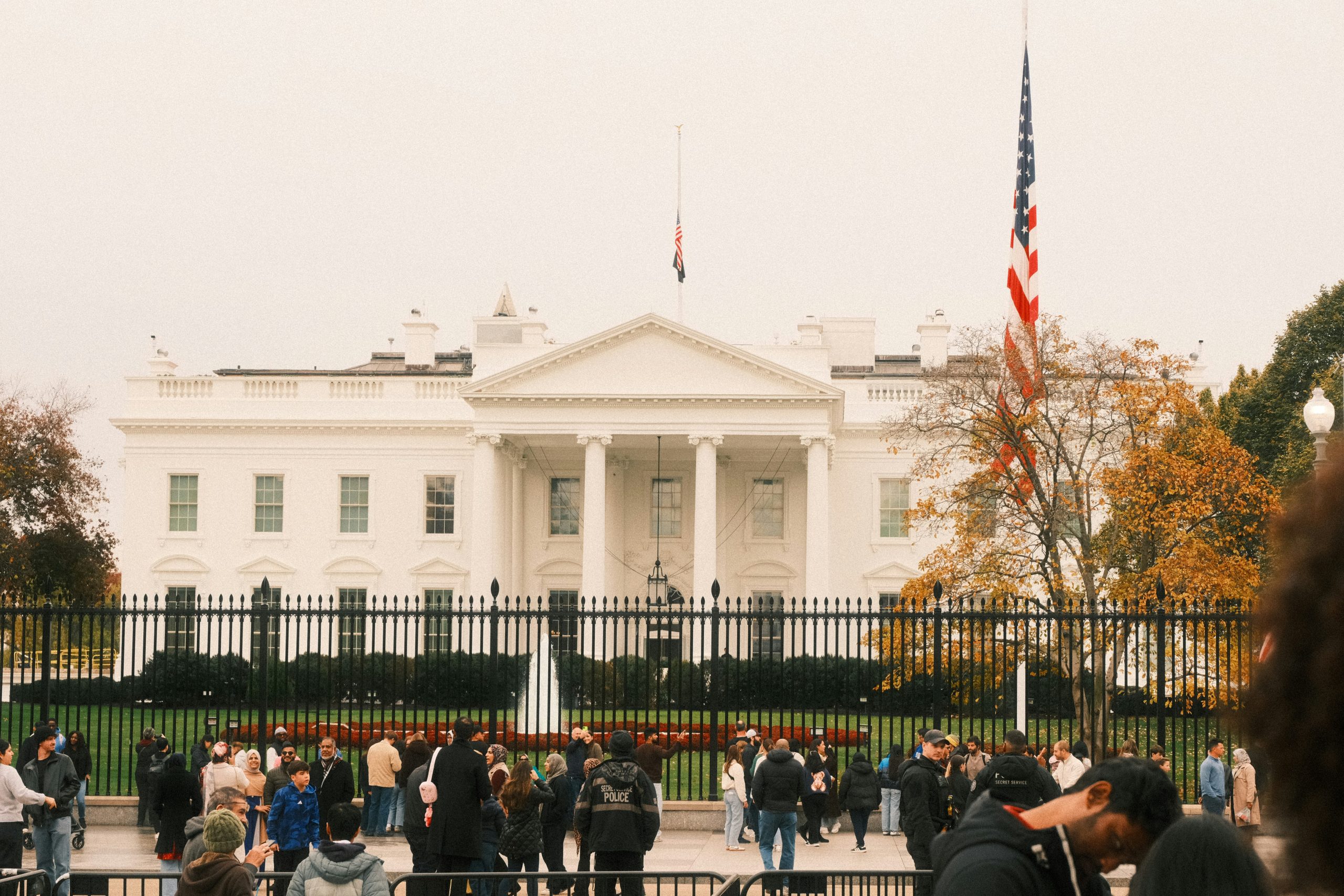Amazon Again the Target of Multiple Shareholder Proposals for ESG Failures
Shareholder Proposals for the 2021 Proxy Highlight Business Risks Related to Retail Giant’s Practices Around Workers, Diversity and Racial Justice, Surveillance Software and Governance Structures.
FRIDAY, DECEMBER 18TH, 2020 – Today investors announced they had filed ten shareholder proposals related to environmental, social and governance risks for the Amazon 2021 proxy.
The proposals were filed by a diverse group of institutional investors including state pension funds, labor unions, asset management companies, family offices and faith-based organizations, many, but not all of which are members of ICCR. All the investors have filed the proposals because they believe the issues they raise are material to their investments.
While the themes cover a range of issues – from worker representation on the board of directors to calls for a civil rights audit and concerns around its sales of facial recognition technology – taken together, investors say the proposals underscore how Amazon’s size and influence expose it to significant human rights and environmental risks.
The full list of proposals, main requests, lead filers and contacts can be found here. A list of the individual proposals follows:
1) Appoint Hourly Associate to the Board of Director
2) Civil Rights, Equity, Diversity and Inclusion Audit
3) Hate Speech
4) Diverse Candidate Search Policy
5) Customer Due Diligence (Surveillance)
6) Rekognition – Facial Recognition Technology
10) Special Shareholder Meeting
Several of the proposals, including the proposal related to surveillance, the proposal related to Amazon’s Rekognition software, the resolution on hate speech and the proposal requesting enhanced lobbying disclosure, were previously filed for the 2020 proxy and received shareholder support in excess of 30% – a strong signal that shareholders share proponents’ concerns.
“Amazon may not be monitoring the impact of its technologies in the hands of its customers, but we are,” said Sister Pat Mahoney of the Sisters of St. Joseph of Brentwood. “Along with lawmakers and civil rights groups, we, as investors, are very alarmed that Amazon is continuing to roll out multiple new surveillance products for private and public use — without guardrails or regulation. On a basic level, our proposal simply asks Amazon to account for how its customers are using its products, and the potential threats to human rights. Our proposal is well documented and raises concerns by local, national and international organizations. It is well within the capacity of Amazon to conduct such due diligence and it should do so.”
Several of the new filings for 2021 are a reflection of long-standing worker rights concerns that are now seen as priorities in light of frontline workers’ exposure and vulnerability to COVID-19.
“Amazon has developed a reputation for running workers ragged, leaving hourly associates – disproportionately people of color – overworked and underpaid,” said Sarah Zoen of Oxfam America, who led the filing along with the Rhode Island and Vermont State Treasurers Offices requesting that the company appoint an hourly worker to the board. “The company’s refusal to integrate employee perspectives into its board-level decision making not only leads to labor abuses, but generates a reputational stain that harms the company and investors alike. Ensuring that a worker representative sits on the board of directors will improve corporate governance, strengthen workers’ rights, and mitigate against the costly reputational damage that stems from the high-profile media coverage of these harms.”
In light of a renewed focus on structures that perpetuate racial inequities, two new proposals center on the company’s efforts to foster diversity and inclusion in its recruiting practices, and to address discriminatory, racist, and inequitable impacts resulting from Amazon’s business model, operations and product offerings.
“Amazon has said it stands with the nationwide movement to identify and bring an end to systemic racism, yet it continues to face claims of racial discrimination,” said Thomas P. DiNapoli, New York State Comptroller and Trustee of the New York State Common Retirement Fund. “Investors need an independent examination of how Amazon’s policies, products and services impact civil rights, equity, diversity and inclusion, and how those may impact its business. The company can only benefit by studying these issues and developing a plan to address them, mitigate the associated risks, and ensure that its policies and actions truly align with its words.”
“A diverse workforce at all levels of a company can enhance long-term company performance,” said Brandon Rees of the AFL-CIO. “We urge Amazon to adopt a diverse candidate search policy to require the inclusion of qualified women and minority candidates in the initial pool of candidates from which new employees are hired.”
Investors say they are hopeful the proposals will prompt Amazon management to productively engage with investors to resolve these concerns. The resolutions are slated for the 2021 proxy and will be voted on by all shareholders at Amazon’s meeting in the spring.
About the Interfaith Center on Corporate Responsibility (ICCR)
Celebrating its 49th year, ICCR is the pioneer coalition of shareholder advocates who view the management of their investments as a catalyst for social change. Its 300-member organizations comprise faith communities, socially responsible asset managers, unions, pensions, NGOs and other socially responsible investors with combined assets of over $2 trillion. ICCR members engage hundreds of corporations annually in an effort to foster greater corporate accountability. Visit our website www.iccr.org and follow us on Twitter, LinkedIn and Facebook.
###













